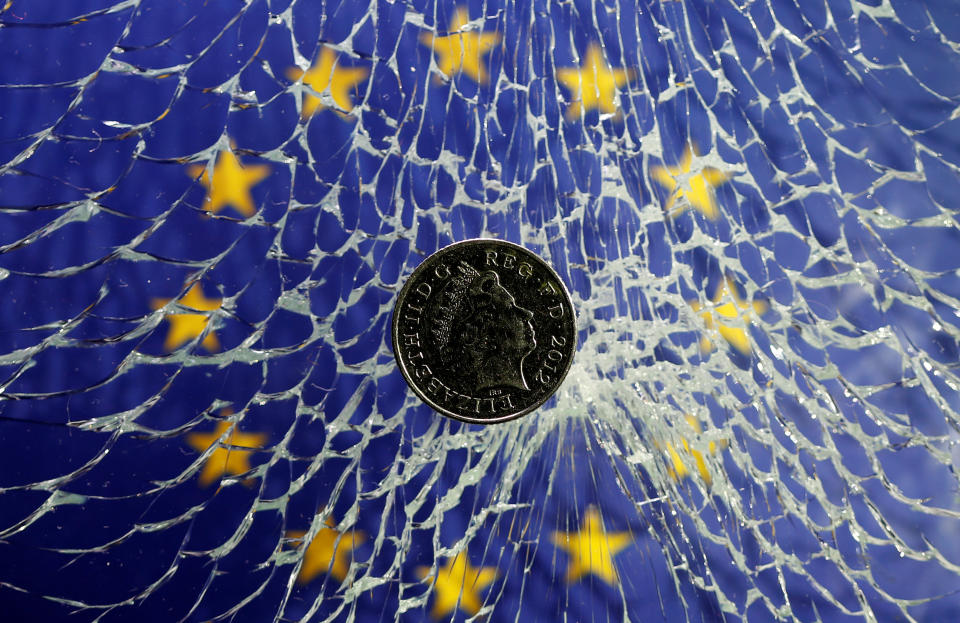The industries most at risk from a no-deal Brexit

A major think tank outlined several industries that are most exposed to the risk of damage caused by a no-deal Brexit in a new report.
In its latest report, entitled The outlook for the 2019 Spending Review, the Institute for Fiscal Studies (IFS) said that a no-deal Brexit will create risk of trade barriers. If the UK crashes out of the European Union without a deal, no set rules and regulations will be in place.
Those most exposed to the damage of a no-deal Brexit are: transport equipment, chemicals, pharmaceuticals and refining, and clothing and textiles.
The IFS outlined in the wider report that a “disorderly Brexit” — which can be characterised as a no-deal or hard Brexit — could massively hit UK economic growth in both the short term and the long term as the disruption would affect the supply side of the economy.
READ MORE: ‘Disorderly Brexit’ likely to hit UK economy in short and long term
The IFS said that a disorderly Brexit impact on those industries most at risk to the trade barriers could lead to the government implementing a temporary industrial policy to support these sectors while a new trading environment is hashed out.
“This could be either to achieve a (more) managed decline in industries that might be less economically viable once the UK has left the EU, or to prevent particularly costly short-term disruptions having undesirable long-term effects,” according to the IFS.
“In contrast, studies suggest less variation in the impacts of a ‘no deal’ Brexit across the regions of the UK. One part of the UK that could be particularly adversely affected by an economically bad Brexit would be Northern Ireland (for example, were a ‘hard border’ to be introduced across the island of Ireland), so consideration could be given to providing additional support to activity there.”
READ MORE: Goldman Sachs increases its probability of a no-deal Brexit

 Yahoo Finance
Yahoo Finance 
